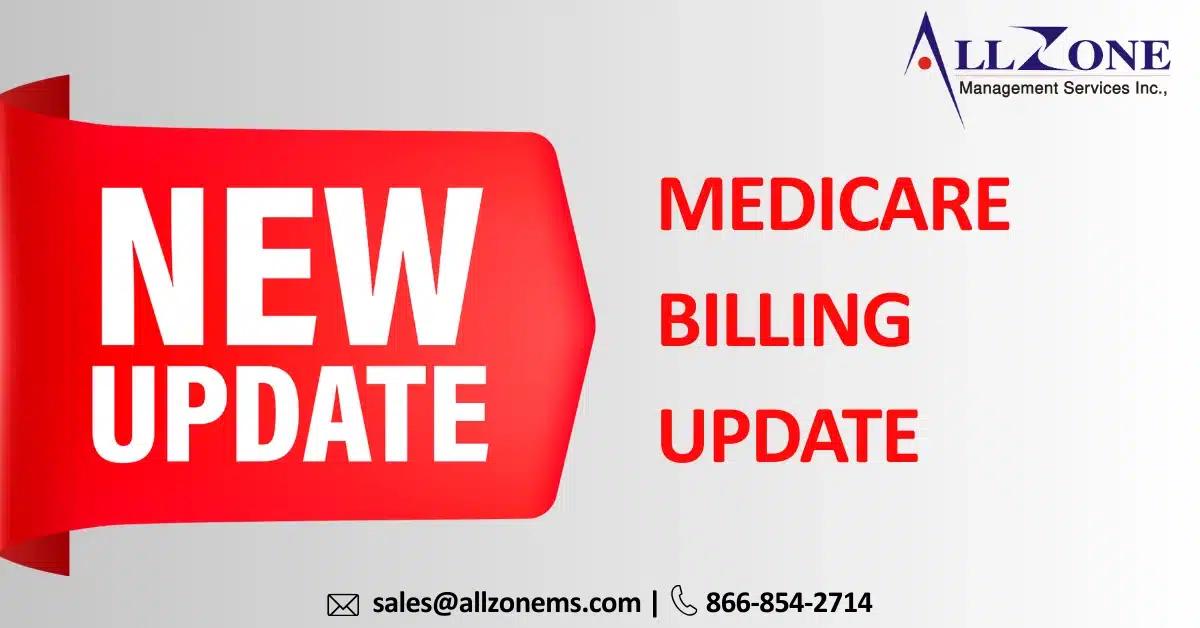To capture Medicare reimbursement for complex Medicare patient visits, you must know when to use this G2211 Code add-on code.
To report the additional time, effort, and related practice expenses associated with caring for Medicare patients across the continuum of care, qualified healthcare providers can begin billing HCPCS Level II codes on Jan. 1, 2024.
Evaluation and management of G2211 visits are complex due to the fact that they serve as the focal point for all the health care services the patient requires or because they are part of the ongoing care for a single, serious or complex condition.
Consider This
There are a few things to consider before you begin billing for this service:
- Medical Billing providers are required to provide patients with longitudinal care.
- In the case of urgent care, consultants, second opinions, etc., providers who are not intending to maintain an ongoing relationship with the patient should not bill G2111.
- The add-on code may be billed by general practitioners and specialists.
- as part of a complete assessment and management (E/M) service offered by an office or other outpatient setting.
- There is the possibility of billing telehealth services with add-on code G2211.
- G2211 should not be billed when the E/M service is reported with modifier 25.
- In the case of chronic/complex conditions documented but not discussed in the patient’s E/M, do not bill G2211.
The Centers for Medicare & Medicaid Services (CMS) has not provided any specific documentation guidelines for addition code G2211, but during a stakeholder call in November 2023, a Medicare Learning Network article will provide more information on code reporting, including documentation examples. The best practice is to create an internal policy addressing these issues around the use of this code.
Know Your Do’s and Don’ts
In addition to using this code, steps should also be taken to promote compliance and minimize the risk of abuse or fraud.
Do:
- Consider whether this service is appropriate for your area of expertise.
- Documentation capture and Medical billing should be governed by an internal policy.
- Ensure that your billing software or charge description master captures this service.
- Provide education to providers.
- This service should be audited (it’s best practice to review/audit any newly provided service).
Don’t:
- Without proper evaluation, bill this service with all E/M codes for office visits or other outpatient visits.
- In order to improve better care management and positive health outcomes, providers should lose sight of the service intent.
Change is a good thing
CMS has acknowledged for many years that it has been lacking in reimbursing providers appropriately for their expertise and cognitive work. Do not be afraid to bill this service. According to CMS, 38 percent of all E/M services will be billed with G2211. There is a national payment rate of $16.04 for this add-on code, and a work relative value unit (wRVU) of 0.33. G2211 may offset some of the revenue loss due to the decrease in conversion factor for 2024.

